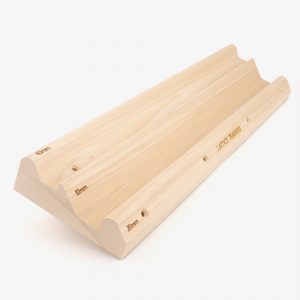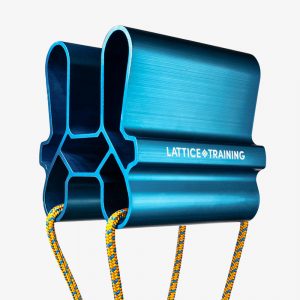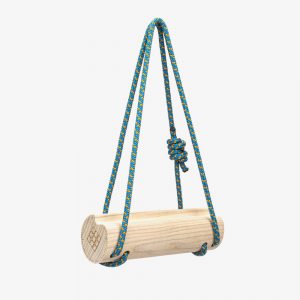Training & Your Menstrual Cycle
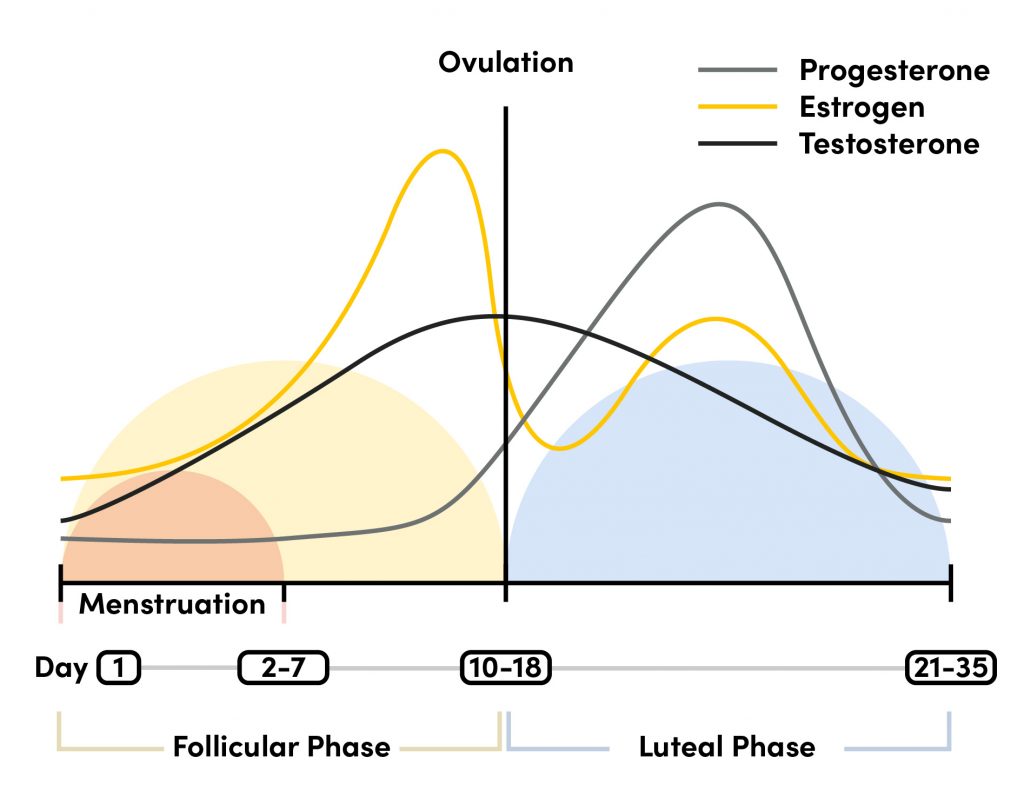
Everyone’s menstrual cycle is different. Different lengths, different hormone levels, different experiences.
Your menstrual cycle can affect your performance and may inform how you schedule your training plan.
Everyone is different, so body literacy (reading your body’s signs and signals) is key to maximising performance around your cycle.
Menstruation
The first stage of the menstrual cycle, when you get your period and the lining of your uterus is shed. Hormones levels are low.
It is common to feel lower energy and motivation. You may also experience cramps.
If you’re feeling unmotivated, listen to your body: this may be a signal that rest and recuperation is needed.
Some people experience high motivation and energy during their period. In this case, go out there and crush it!
Menstruation + Training
Don’t expect to necessarily perform at your best whilst menstruating. If you do, amazing! If you don’t, no stress, this time will pass shortly.
If you experience cramps, see if you can get moving. You don’t have to climb or train, but light exercise, like yoga, walking or gentle climbing, can help. Take painkillers if they help.
If you want to simply rest, that’s also fine. This means you will feel recuperated once your period has passed.
It can be helpful to sync your deload week with your period, when you’re potentially feeling your lowest energy. Or simply rearrange your sessions for the week so you’re resting or having gentle exercise whilst your period is heaviest.
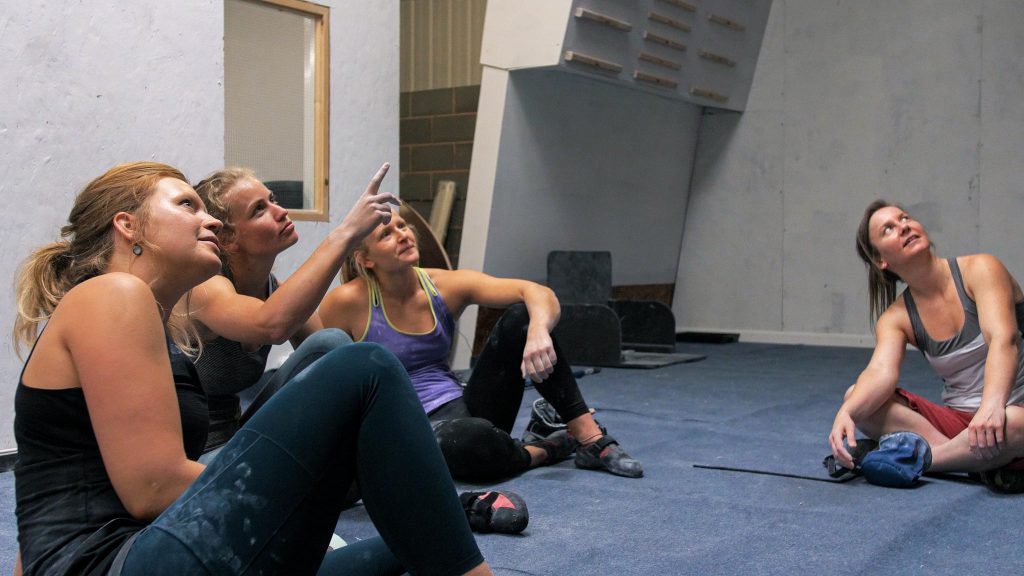
The Follicular Phase
This phase starts at menstruation and ends at ovulation. Estrogen (and other hormones) are rising in order to stimulate the release of an egg.
This phase varies in length for everyone. It can last longer if you’re run down, ill or stressed as it can take longer for estrogen levels to rise.
The Follicular Phase + Training
Generally, the Follicular Phase is considered a good time to train. Estrogen is linked to muscle mass development in women and people who menstruate. Some studies have shown that by distributing strength training more (not only!) in the follicular phase, training outcomes can be improved.
However, if strength is not your training focus, you don’t need to prioritise strength training just because you are in your follicular phase. Your climbing should primarily guide your training, not your cycle.
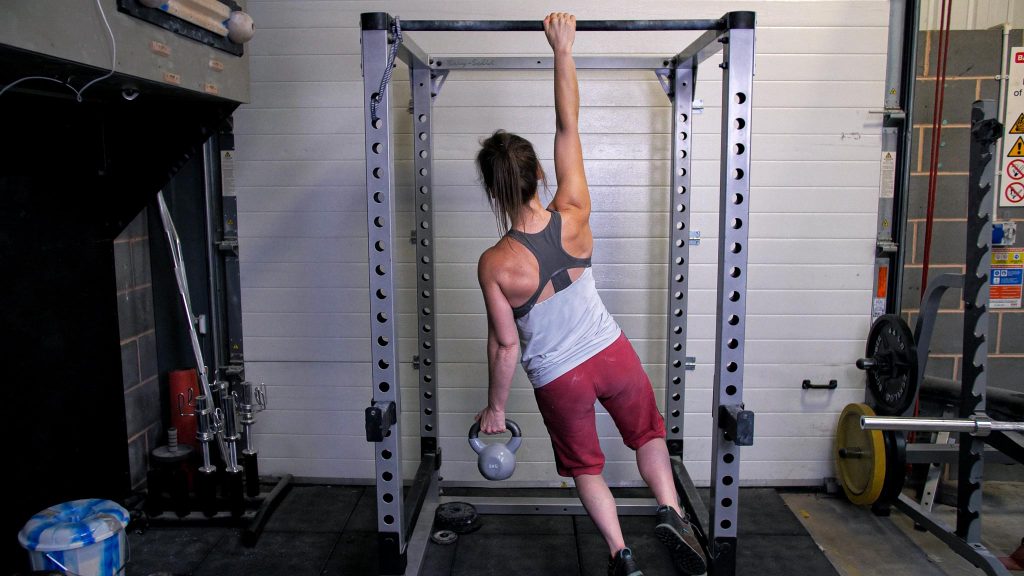
Ovulation
During ovulation, an egg is released. Estrogen and testosterone peak.
Ovulation can be harder to track. Some people feel themselves ovulate. Cramps around 11-21 days after menstruation could be a sign of ovulation. You can also use ovulation sticks or temperature.
We often see ovulation portrayed as the point in our cycle where we have the most energy, motivation and confidence; when we’re likely to perform our best.
This can be true for some people. For other people, high estrogen can cause water retention, making them feel more bloated.
Everyone is different, work with your experience.
Ovulation + Training
Ovulation only lasts a short time.
If you feel your best around ovulation, you may want to schedule your training to peak around this point or to try a climbing goal.
If ovulation affects you negatively, you may want to take the day off and rearrange your training.
Some research suggests that there may be an increased risk of lower limb injury when changing direction quickly around ovulation. Some types of climbing (e.g, comp-style bouldering) may involve this sort of movement and be aware of warming up well and stopping strong.
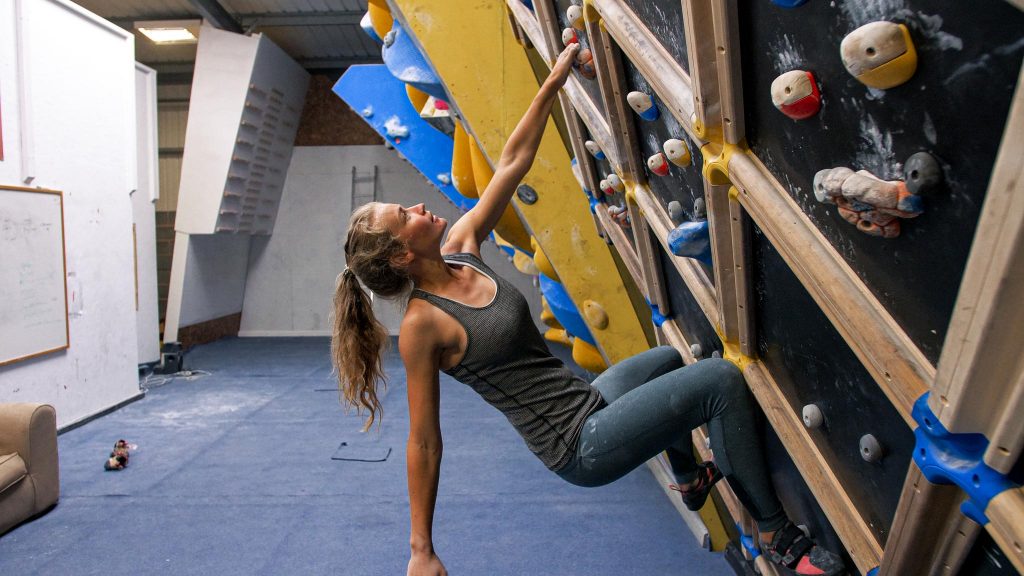
The Luteal Phase
This phase starts after ovulation and ends at menstruation. This is when the lining of the uterus is being built up. Estrogen and progesterone are rising. Studies show lots of individual variation in hormone levels in this phase.
Symptoms associated with premenstrual syndrome (PMS) can begin at any point in this phase; usually 3-7 days before menstruation. You may feel bloated, lower energy and experience a change in motivation.
Luteal Phase + Training
It is common to feel lower energy, less motivated and sometimes less coordinated towards the end of this phase.
If it feels harder to push yourself, you could treat this as a consolidation phase. Let your perceived effort guide the intensity of your sessions; progress is rarely linear, and by using your RPE to guide your session intensity (rather weight or climbing grade) you can reduce potential frustration and be more consistent in your training.
Not listening to your body and making adjustments can help to manage motivation, consistency and your recovery levels.
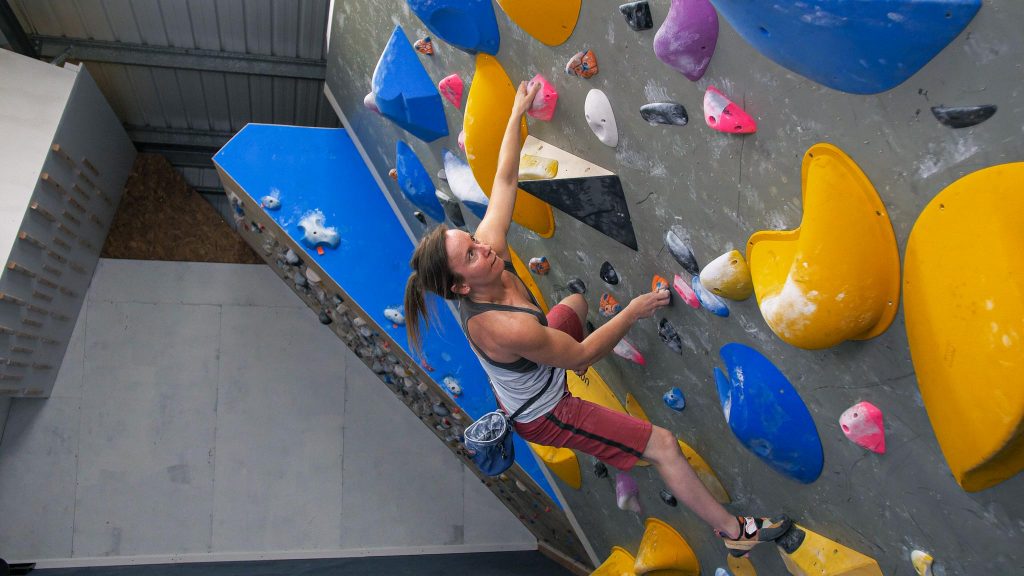
Remember: it’s a cycle. How you feel today isn’t forever.
You can find more about climbing and your menstrual cycle in the Women’s Training Series.
Find us on Instagram.


